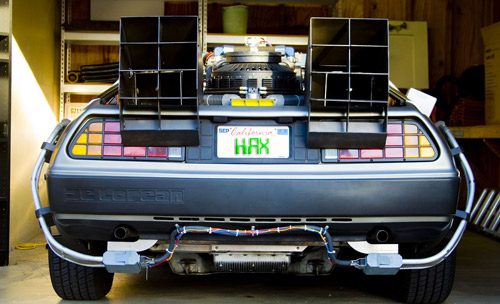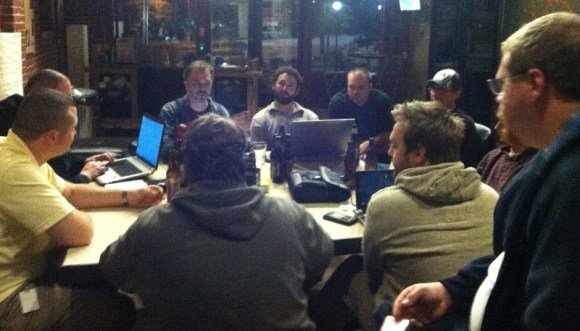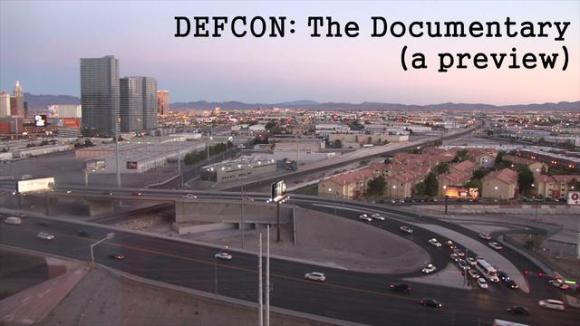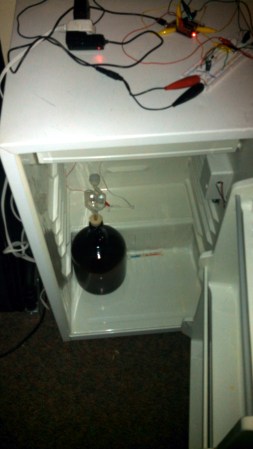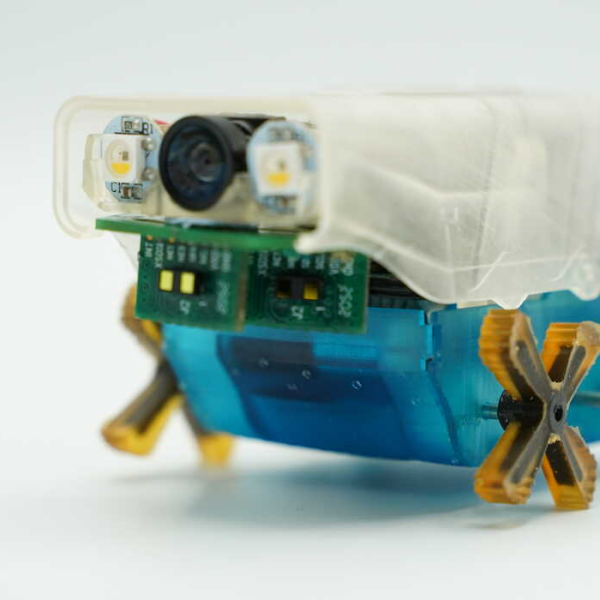A new feature that we’re playing with is an occasional look back at this day in Hack a Day history. While we’re still hotly disputing exactly what, when, and how to show, we thought today would be a great day to introduce the idea.
So, in on this day in Hack a Day history we’re reaching back to our very first January 1, which was 2005. There are some interesting things to consider when reading this post. At this point in time, we were still sort of a growth off the side of engadget like [Kuato] from the 1990 version of Total Recall. We were less than a year old and still hadn’t completely developed our style, we didn’t really share much information about the project, and yep, the very first comment is “not a hack”.
Continue reading “This Day In Hack A Day History: January 1st 2005”

